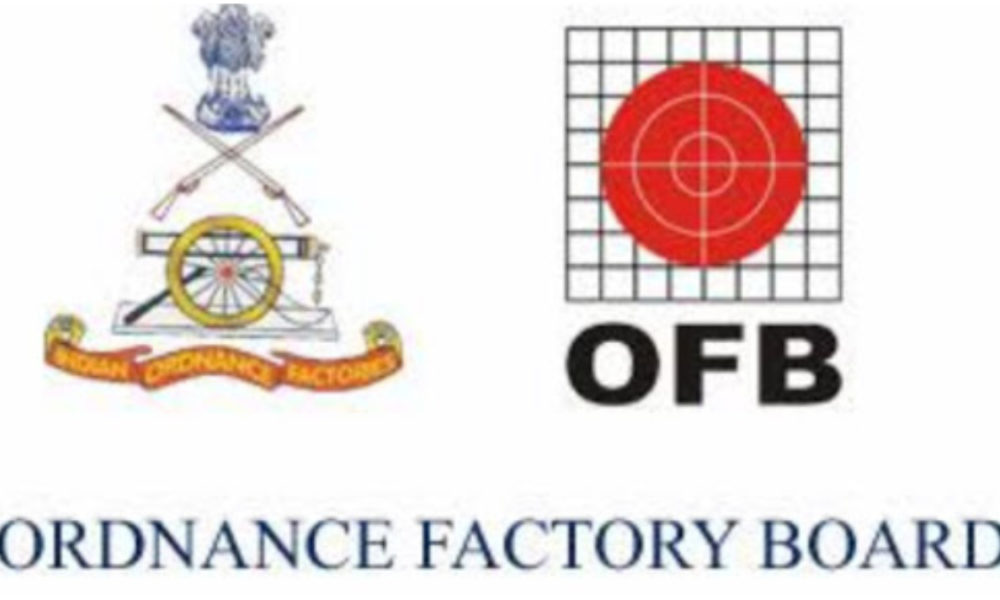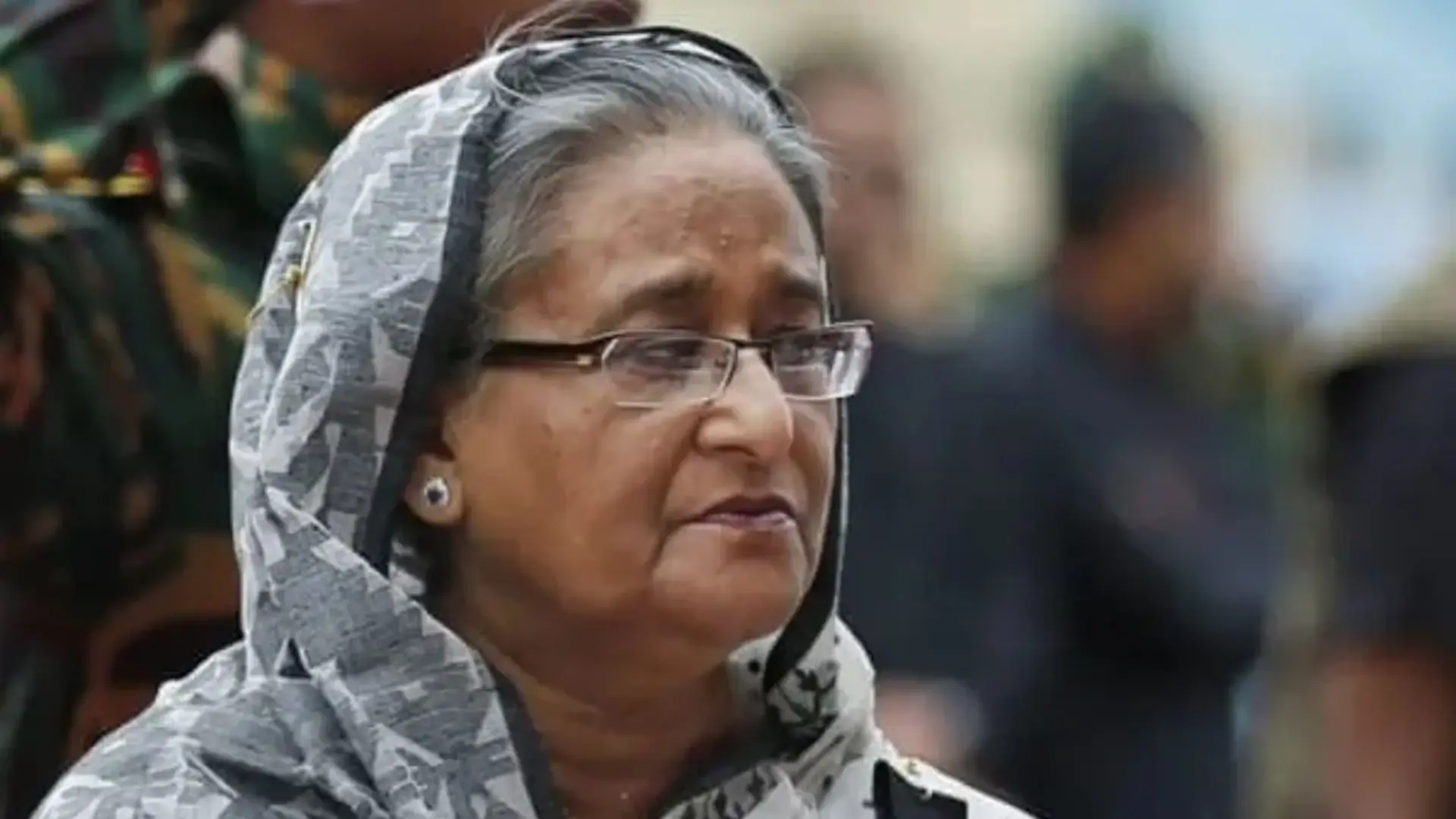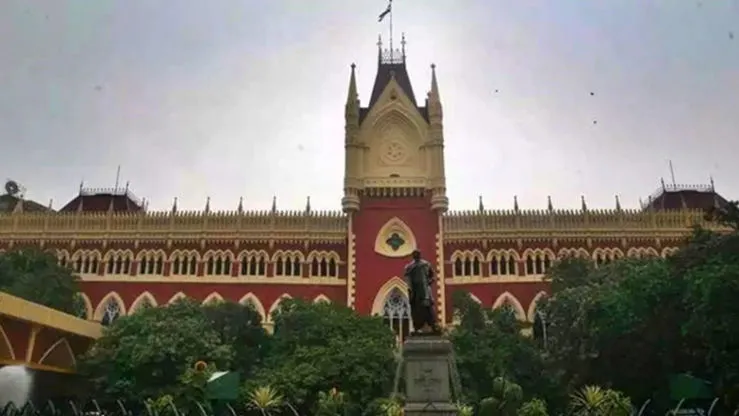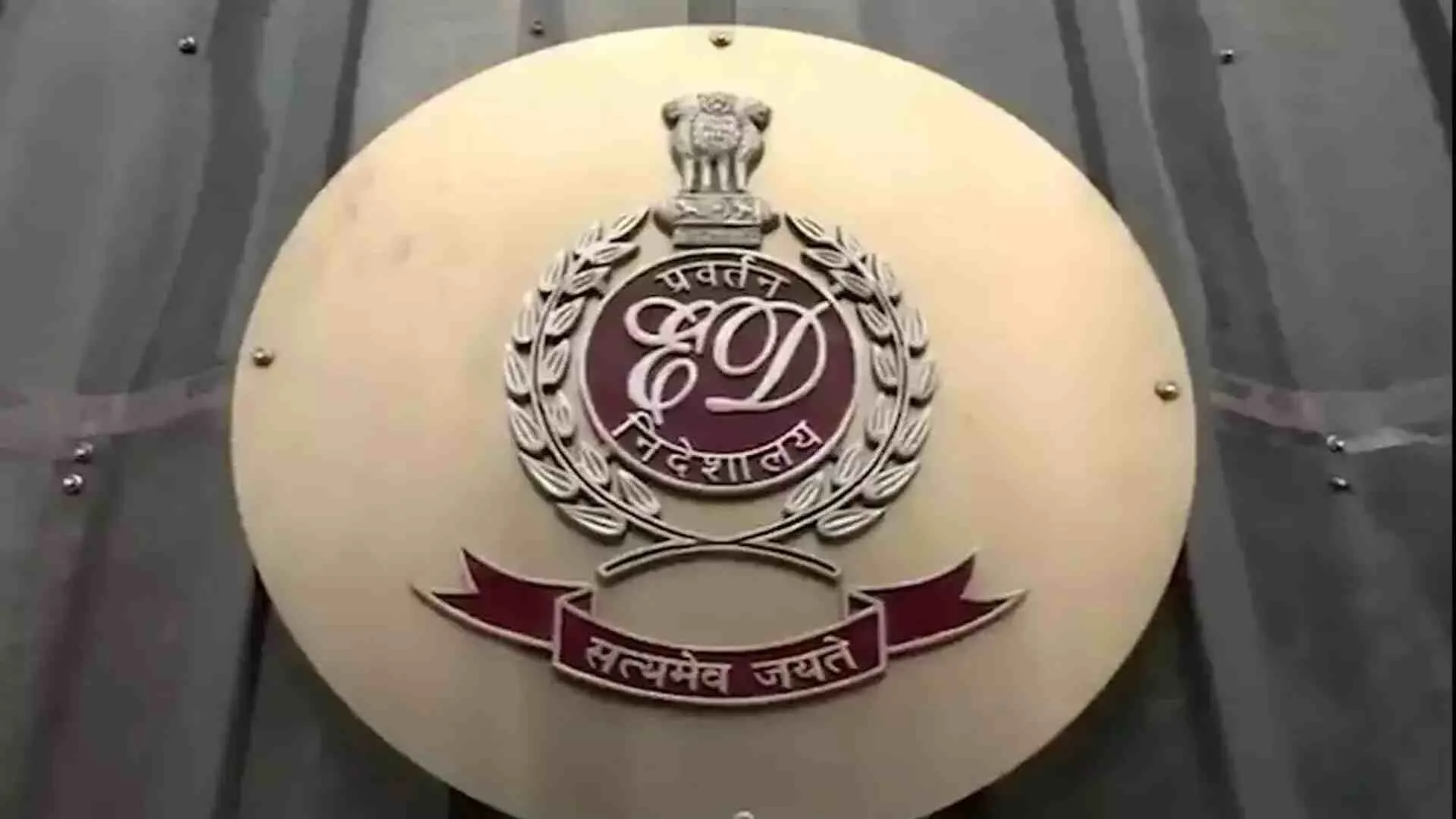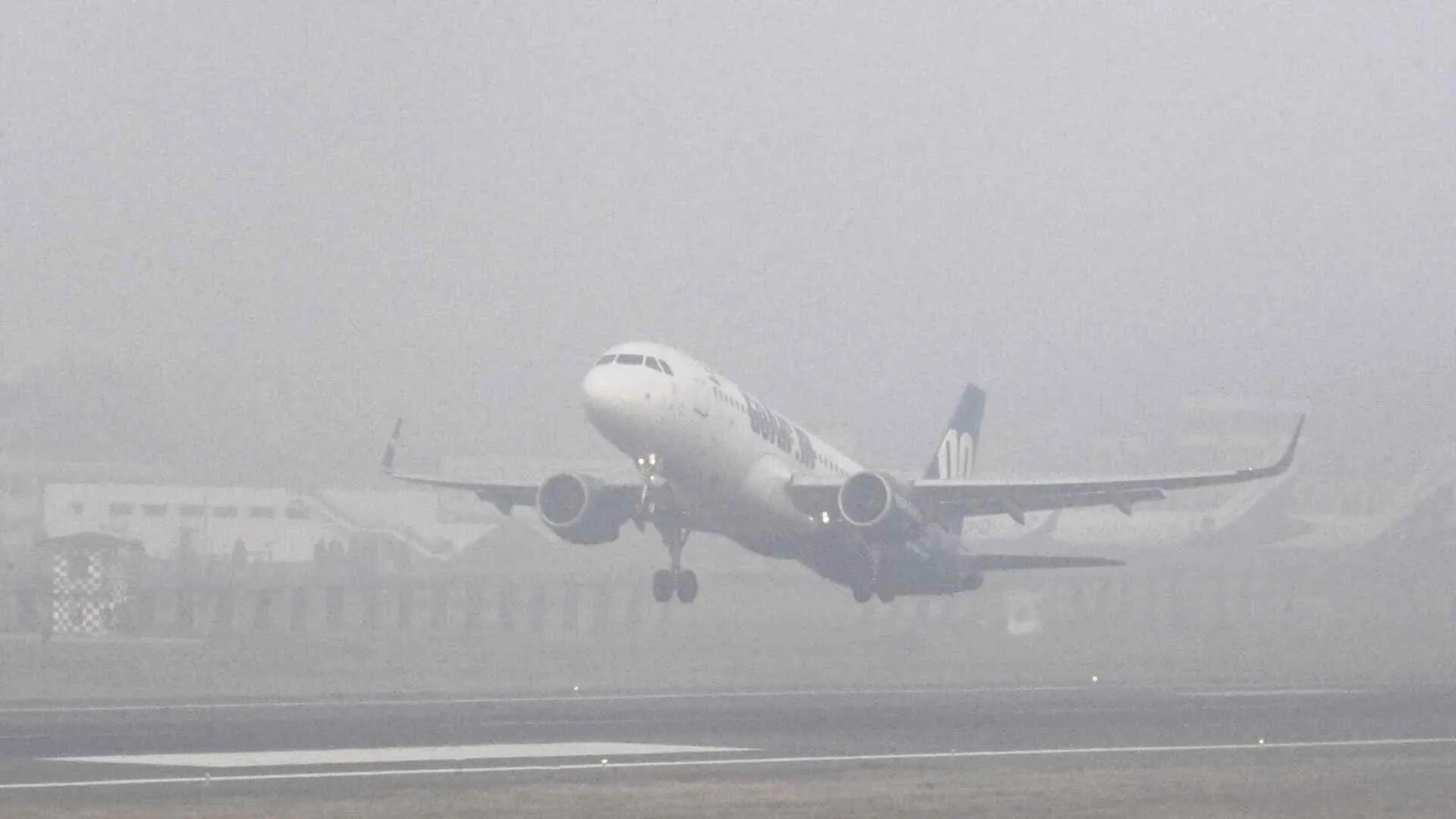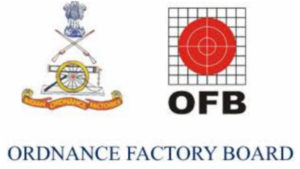The OFB is similar to the Boeing 737 Max aircraft which was flying with the wrong software and ultimately crashed… — Anonymous
The recent ‘barrel burst’ of the 155 mm ATAGS gun during trials sets the entire development process back by a couple of years. This is not a first-time occurrence. It happened earlier during the development of Dhanush and trials of other guns. In most cases the cause was defective OFB ammunition. In all such cases, procurement processes were set back by two to five years. We did not have the fighting capability for that period. We acquired that capability later at a higher cost. We lost out operationally and financially. Such accidents earn us a very poor international reputation. One foreign vendor even refused to do any trials with OFB ammunition unless each round was X-Rayed. The OFB is now internationally synonymous with poor quality. If 70 lethal accidents per year occur with OFB ammunition such a reputation is natural. This underscores the point that it is high time for corporatisation of the OFB.
The government has repeatedly stated that it wants to increase defence exports. One of the main items of defence export is ammunition. However the poor quality of OFB ammunition and its reputation precludes export. As a result, no one will be prepared to buy other associated main equipment also. The general opinion in international circles is that dealing with OFB is like burning your fingers. In case the ‘Quality’ situation and reputation are not salvaged through verifiable reform– bye bye Exports! Our PM and RM should not have a doubt about it.
Let us look inwards. Some time back, there were a lot of accidents in Artillery. Faulty ammunition was suspected. Sure enough, preliminary investigations revealed that some of the mechanical fuses produced by the OFB, were fully armed even when the setting was at ‘safe’. DGQA which is also under the DDP passed these fuses. Hence when guns were fired with defective ammunition, the barrel would burst immediately. It was like Russian roulette since we did not know which fuse was defective out of the lakhs of fuses which were held. It was just lackadaisical assembly and production of fuses amounting to criminal negligence. In all there were about eight hundred of such defective fuses. If the problem was not rooted out through an elaborate process despite OFB objection and obfuscation, we would have potentially lost eight hundred guns. That is about 1/3rd of our Artillery. In addition to loss of life and limb of trained manpower there would be compensation involved. For the entire period of that investigation and rectification, which lasted years, a complete lot of that ammunition was kept aside and not available for operational purposes. Hence our operational capability went down. During the course of that investigation some of the shells had to be destroyed due to expiry of shelf life. Some ammunition had to be destroyed prematurely. To replace destroyed ammunition we had to put in new orders prematurely, at a greater cost due to inflation. Hence the total costs involved were cost of destroyed equipment in accidents, cost of replacement equipment, cost of injury to manpower, cost of training new manpower, cost of destruction of ammunition and of new ammunition. To all this one can add the administrative costs of prolonged inquiries and investigations. Loss of operational capability is beyond cost. It affects national security. The overall multiplicative loss could be up to five to ten times. Such cases are not limited to one kind of ammunition. It extends to all kinds of OFB ammunition – Air Defence, Artillery and Tank ammunition without prejudice. To that extent, the OFB has been spreading misery to all Arms impartially. If an Army has to stop firing of weapons due to defective ammunition then the situation is beyond alarm. No nation can afford such neglect and profligacy. Just on this score, the OFB system needs major reform. The issue of ammunition accidents is a matter of record, often reported and can be verified. I would also like to add that we have not had so many losses due to enemy action as we have had due to negligence and poor quality of the OFB. That is also a matter of record. A tongue in cheek remark once made to me by a junior officer was – if there is OFB around, who needs an enemy?
Take another example. Three 155 mm Guns were approved for induction into the Army almost simultaneously. The M777 ULH, The K9 Vajra and Dhanush. The first two are completing their delivery on schedule and are vying for repeat orders. They are being deployed or being contemplated for deployment in Eastern Ladakh. Serial production of Dhanush, a self-acclaimed flagship program of OFB, has not even commenced. In fact, at some point of time, OFB, had given up in favour of an imported system. Corruption or lack of pride or both? This is despite the fact that orders were assured and all support was given for the project to succeed. Deficiencies were accommodated /overlooked so that an indigenous system fructifies. However the OFB has remained OFB — UNRELIABLE. They have belied that nations trust in them. If the government is even remotely serious about Atma Nirbharta, a Dhanush Integration Centre should be put in place separately for production of the Dhanush 155 mm on a fast track basis. The structure should be out of the ambit of the current OFB and can be brought back after Corporatisation. I had recommended such a mechanism five years back when I was in service. In fact, late Mr Manohar Parrikar had even approved the concept and was keen on it. It will be there somewhere gathering dust in the MOD files. What is the use of OFB when it cannot produce a gun based on a 35 year old TOT, to defend the nation in a crisis? Equally, the MOD cannot just put out an import ban on 155 mm guns and sit back and wait for a proven failure like OFB to deliver goods. That is a dream in a dream.
Such a state of affairs represents a deep systematic malaise. It is not fixing one single problem. It needs a major systematic correction in ethos, leadership, professionalism, accountability and integrity. These issues need to be pump primed. Despite many earlier efforts at internal reforms nothing much has changed. The feedback I received on my earlier articles indicated that both the workers and the management are living in a self-denial bubble. At times the feedback was quite vicious and personal. The present OFB system is past its shelf life. Continuing with it is reinforcing failure. I also see a number of articles by distinguished senior veterans who are also of the opinion that the OFB is now a relic of the past and goes against every vestige of Atma Nirbharta. The accident with the ATAGs gun just proves the point. The MOD should start the corporatisation process post-haste so that the nation is not fooled anymore. Every officer and official whether in or out of government feels unanimously that the reforms initiated by the government are minimalistic in nature. Many feel that OFB should be broken up into verticals and privatised. To that extent, the current Government is being soft on the OFB. However, it is good that the government has appointed KPMG as a consultant to prepare the road map for the intended corporatisation. I seriously hope it succeeds and the process is taken to its logical conclusion.
Judging from the reactions of trade unions, they will impede the work of the consultant. Also the officers of the IOFS cadre will not cooperate with the consultant. Both these groups feel threatened by corporatisation. It is a piquant situation where the management and workers are on the same page to thwart reform. The government must think through this carefully. If needed certain ordinances can be passed to press home the case. Also, it is fully possible that the recommendations of the consultant are frozen like all the other committee reports before this. Internal subversion of such nature and political cold feet is also fully on the cards.
I would like to reiterate issues from my previous article. OFB is a huge strategic asset. It has tremendous strengths. Our workers are experienced. Its transformation will take time. It should be done deliberately, in phases, with care. Reform should be as per our conditions, culture and practices which have strengths. There is considerable pre-corporatisation groundwork required. Certain structural changes can be carried out even before the consultant comes into the scene through an Implementation Committee. The Board can be given financial powers equivalent to other DPSUs. The OFB can start functioning under clearly visible and foreseen verticals. The Financial advisory and audit system and the QA system can commence change. People who wrote previous reports on reforming OFB are still in circulation. They should be brought into the scene to assist KPMG. All stakeholders must be part of the reform. Reluctance of workers seems to be the fear of the unknown. A major problem of the OFB is the disconnect and insensitivity to users. A greater connect between the Services and the OFB must commence.
While corporatisation of OFB is mandatory, there is a strong case for the DDP (MOD) to be also reformed simultaneously. Unless the MOD is also reformed, the OFB will not get the right message. The present structure of the DAC, where the Secretary DDP is also its member is tantamount to insider trading. A couple of Defence Secretaries who were also Secretaries DDP also conceded that there was a conflict of interest in the current arrangement. That is an open secret. Hence a few fundamental steps are needed. Firstly, the DDP should be a bespoke organisation away from the MOD. The UK follows such a system. I had written about it three years back. In UK, the Defence Equipment and Supply Organisation(equivalent of DDP) has been converted into a ‘bespoke trading entity’. Its ‘unique freedoms’ allows it to operate in a more business-like manner to address root causes of cost and schedule overruns which emanate from an overheated equipment budget, an unhealthy relationship between the requestor and the deliverer, insufficient skills and management freedoms. It is now operating as an Arm’s Length Body from the rest of the UK MoD. Secondly the DGQA should be placed under the DMA. For reasons beyond sanity the Government continues with the DGQA under the Secretary DDP. It only enlarges the scope of insider trading and match fixing. OFB being given orders on nomination basis should reduce progressively whether it is corporatised or not. In fact it should be made to compete on an open tender basis with the market on certain items. TOT to OFB should be banned. The MOD (finance) and the Financial Advisory system needs a drastic review. They have simply not been able to control the rampant overpricing mechanisms of the OFB. In fact they might have contributed to it through connivance. The mere reform of the OFB alone won’t do. We should go the whole hog if we are serious.
The OFB is a national strategic asset with eroded roots. It needs a rebuild. If the rebuilding is done effectively, India will benefit immensely. However any rebuilding is possible only if the MOD is also suitably reformed concomitantly. Most importantly we must put a timeline if we are serious about the affair.
Lastly, I put out the question of ‘Corporatisation of OFB’ in the social media. The answers were reassuring. My query and some answers are there for everyone to see. First, there was only one negative reply. Everyone else wanted corporatisation. Second, there were serious and knowledgeable views from the common people. Third, the respondents were from a wide cross section and were not all experts or armed forces officers. Fourth, it is high time for Corporatisation of OFB. It should be pressed home.
Lt Gen P.R. Shankar was India’s DG Artillery. He is highly decorated and qualified with vast operational experience. He contributed significantly to the modernisation and indigenisation of Artillery. He is now a Professor in the Aerospace Dept of IIT Madras and is involved in applied research for defence technology. His other articles can be read on his blog www. gunnersshot.com.

